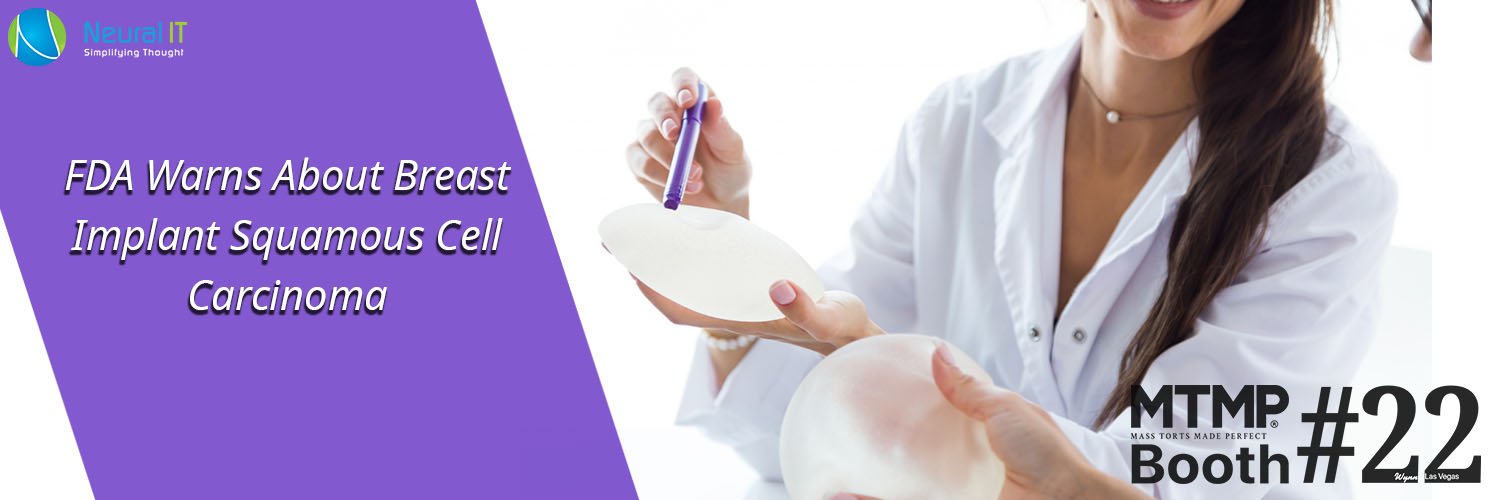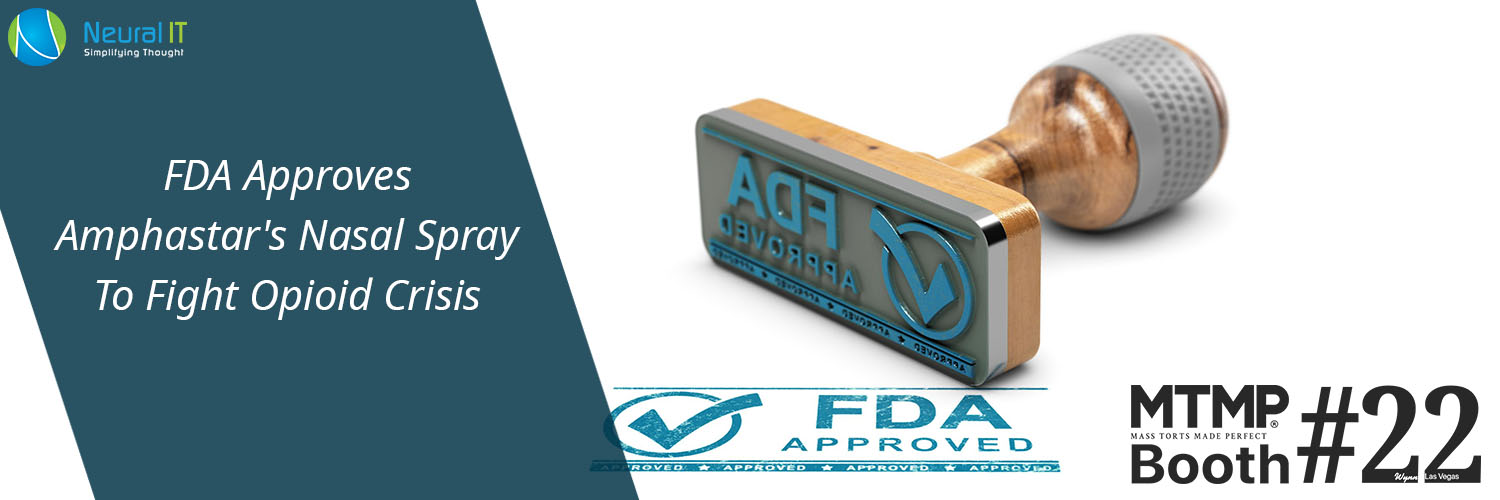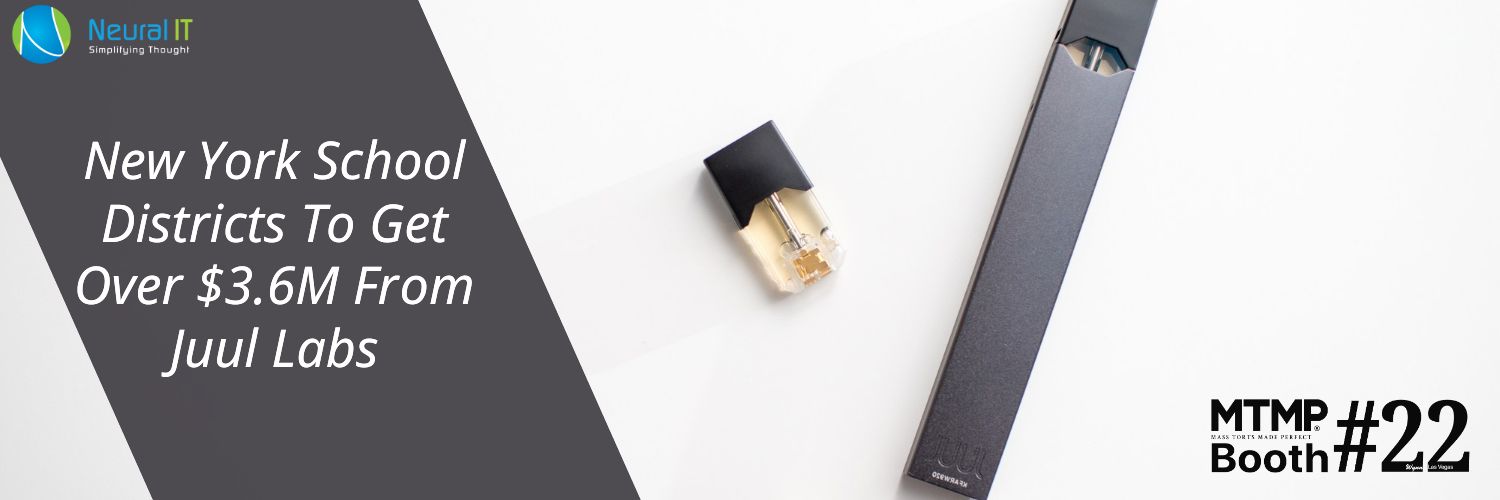FDA Warns About Breast Implant Squamous Cell Carcinoma

Federal regulators have issued an updated warning about the risk of squamous cell carcinoma from breast implants, as well as various lymphomas that may form in the capsule surrounding the implant, which is not the same as previous problems with breast implant-associated anaplistic large cell lymphoma (BIA-ALCL) that the agency has previously warned about.
On March 8, the United States Food and Drug Administration (FDA) issued a safety communication update, stating that the agency had identified at least 19 cases of squamous cell carcinoma (SCC) in breast implant capsules that were described in published literature, including a number of deaths that were likely linked to the condition.
The update comes on the heels of a breast squamous cell carcinoma warning issued in September 2022, which indicated the government was looking into the possible risk following the discovery of SCC and other lymphomas in breast tissue capsules around implants in post-marketing reports.
The second most frequent type of skin cancer is squamous cell carcinoma, which causes aberrant squamous cell development. It frequently manifests as red, scaly patches, sores, and thickened wart-like skin that bleeds, itches, cracks, and crusts. It is frequently treatable if discovered early, but it can be disfiguring and fatal if diagnosed and treated late. According to health experts, an estimated 1.8 million SCC cases are identified each year, and the incidence rate has more than quadrupled in the previous 30 years.
Lymphomas are a kind of cancer, often known as lymphatic cancer, that can take numerous forms but all assault the body's lymphatic system. The two most common varieties are Hodgkin's lymphoma and non-lymphoma, Hodgkin's although the types, manifestations, therapies, and prognoses, as well as rarity, can vary widely among its many diverse forms.
According to the FDA's most recent update, published literature, rather than postmarketing data, reveals at least 19 such incidents. It is unclear whether these occurrences are distinct from those listed in the postmarketing reports, while there is certainly overlap.
The FDA statement notes that there have been reports in the literature of fatalities caused by illness progression. While the FDA continues to think that SCC in the capsule around a breast implant is uncommon, the etiology, incidence, and risk factors remain unclear.
The organization warns healthcare practitioners and people seeking breast implants about the dangers of SCC and other lymphomas in the capsule around the implant. The FDA has asked healthcare professionals and patients who have breast implants to continue reporting incidences of malignancies associated with the implants to the agency.
FDA Approves Amphastar's Nasal Spray To Fight Opioid Crisis

Amphastar Pharmaceuticals Inc announced that the FDA had cleared its nasal spray for the emergency treatment of known or suspected opioid overdose.
According to the FDA label, the company's naloxone hydrochloride nasal spray may be supplied in one spray by intranasal administration, giving 4 mg of the medicine in adults and paediatric patients for an initial dosage.
The approval comes as the FDA is examining applications to enable the over-the-counter use of various naloxone-based medications, including one for Emergent Biosolutions' Narcan.
Late last year, the health regulator stated that naloxone may be safe and effective for over-the-counter usage in some formulations, possibly opening the way for its nationwide use and prompting additional firms to pursue prescription-free permission.
According to federal figures, more than 106,000 persons died in the United States in 2021 from drug-related overdoses.
Earlier this month, Emergent BioSolutions Inc., the maker of Narcan, a nasal spray form of naloxone, said that the US Food and Drug Administration had granted its application for an over-the-counter version of its popular opioid-reversal nasal spray.
Both of these nasal sprays would help to curb the opioid problem across the country.
New York School Districts To Get Over $3.6M From Juul Labs

Juul Labs Inc. will pay more than $3.6 million to 143 New York State school districts and BOCES to resolve charges that Juul "fraudulently and purposefully" promoted vaping devices to youngsters.
Juul is a San Francisco, California-based maker and seller of electronic nicotine vaporizers. The complaint seeks compensation for past and future student vaping-related losses, including money spent on vaping-related difficulties on campus.
According to the attorney representing the school districts, vaping among minors is an incredibly dangerous and ubiquitous problem that school district clients face on a daily basis. He went on to say how exciting it is that 143 of their clients choose to band together and join this mass-action lawsuit to speak for kids and taxpayers across the state. This agreement will go a long way towards assisting our communities and school systems in developing the resources required to tackle the youth vaping pandemic.
The agreement gives funds for schools to cover future expenditures. These costs include the installation of vape detectors in district bathrooms, the hiring of additional staff to supervise vaping areas on campus, the hiring of additional counselors to deal with the well-documented social and emotional issues associated with nicotine addiction, and the development and operation of educational programs about the dangers of vaping.
Individuals and families of Juul users, school districts, local governments, and Native American tribes are among the plaintiffs in the nationwide lawsuit filed against Juul Laboratories Inc.
Juul Labs did not reply promptly to this settlement. Juul issued an update on the status of Juul products in the US market on its website. According to the letter, Juul Labs will continue to appropriately advertise its products in the United States. We remain confident in our research and data, and we are exploring all legal and regulatory avenues to further our objective.
